Are you a person who says you’re going to do things, then gets them done?
Or are you a person who takes all the steps to DO (dives into the research, plans, blocks your time, and has the best of intentions) yet what you want to accomplish still doesn’t get done?
Many are familiar with this gap between knowing and doing.
This is self-sabotage.
It’s holding you back from the life you are meant to live.
You’re not alone, though. This is a very common pattern, even among people who have convinced themselves that they’ll change, then take no action.
We’re going to talk about it here in an effort to distinguish the default patterns of behavior and where you might be stuck.
This gap between knowing and doing often stems from one or more of the following -
1.) Lack of commitment:
You may have all the information, but in this case, you’re still in the “should” or contemplation stage of change. You haven’t fully internalized the mindset shift that is required to change your physical environment. It’s complex, it takes time, and you may not be quite ready yet. That’s okay.
At this point, focus on your WHY. Why do you want to make a change in your life? What other parts of your life would improve when your habits improve?
>> Read more about the “Should - I - Shouldn’t - I” battle here
>> Clarity Awaits Mini- Course
2.) Avoidance:
Change is hard. It’s always going to be hard, and it may shine a light on some important aspects of yourself that you need to address. You might think that you’re avoiding the hard work by staying where you’re at, but in fact, you’re just choosing a different hard: living with the realization of what could have been.
By avoiding the hard work, you’re also delaying all the good that could come as a result.
“A year ago, you will wish you had started today.” —Karen Lamb
3.) Fierce independence:
In the USA, in particular, we see fierce individualism/independence as a barrier to action. This is the limiting belief that people should do it on their own, and to ask for help or show vulnerability is weakness. This is far from the truth and often limits the amount of success that people experience because they feel that they can’t reach out to talk about their struggles, and ask more for themselves
It’s proven that an individual has more success when surrounded by a supportive group of peers who are accomplishing what that the individual wishes to accomplish.
“Surround yourself with positive people who believe in your dreams, encourage your ideas, support your ambitions, and bring out the best in you.” — Roy T. Bennett
So I ask you:
Do you fall into any of these traps of self-sabotage?
Who do you really want to be? What do you wish to accomplish?
What does your future look like? Is that the life you want to lead?
If you’re not yet ready for a change, what will help you to be ready?
Is staying where you’re at now easier than stepping toward your goals?
What groups are you a part of that support your goals and successes?
If you don’t have a supportive group, where can you find one?
When will you start? Why not now?
By working on self-awareness (and self acceptance), and identifying what is currently holding you back, you can consciously choose to step towards to your goals, eliminating the gap between knowing and doing.
Does this resonate with you? Leave a comment below to share.








Observations of a decade of low carb for T1D management. Has it been worth it? What are the regrets? And what has changed in that time.